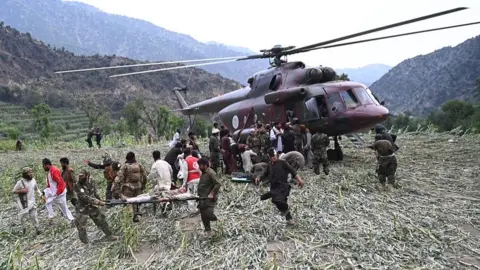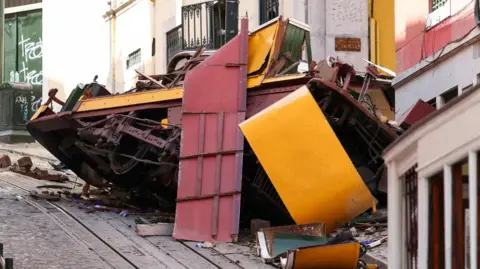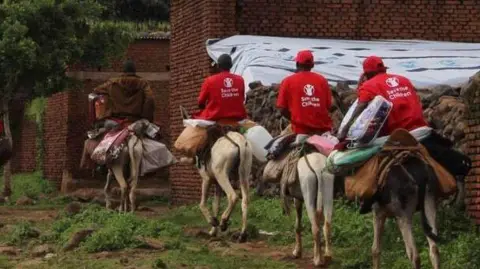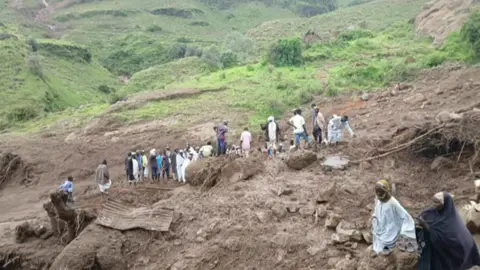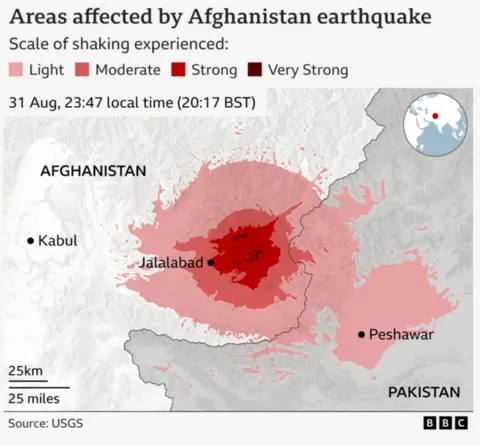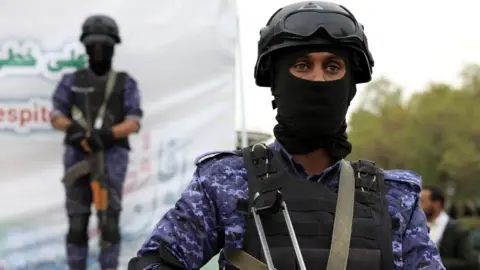A fresh magnitude-5.2 aftershock has struck eastern Afghanistan - two days after a powerful quake in the same region killed over 1,400 people and injured 3,000 others, according to the Taliban government.
Rescue efforts following Sunday’s magnitude-six quake have been complicated by landslides that have blocked roads, making land travel difficult. Helicopters are being deployed to aid the search for survivors trapped under the rubble of remote villages.
The Taliban government, which is only recognized by Russia, has appealed for international help. The UN has released emergency funds, while the UK has pledged £1 million ($1.3 million) in aid.
Afghanistan is prone to earthquakes, but Sunday’s tremor was one of the strongest to hit in recent years. The aftershock on Tuesday occurred at 12:29 PM local time, with its epicenter located 34 km (21 miles) away from Jalalabad, the country’s fifth-largest city, according to the US Geological Survey.
A BBC reporter in the Sawkai district – one of the worst affected areas in northeastern Kunar province – reported feeling a strong jolt, although there have been no immediate reports of damage or new casualties.
As helicopters continue to airlift survivors out of remote areas, many residents recount terrifying experiences. Survivor Bas Marjana described the moment of the quake: We were all in deep, peaceful sleep when... a sudden tremor struck, and the world turned upside down. She lost several family members, including eight grandchildren.
Aid agency Save the Children has dispatched medical teams to Kunar province, where thousands are in urgent need of food, water, and shelter. Local reports reveal that some community members have resorted to drinking polluted water sources.
At Jalalabad's Nangrahar Regional Hospital, survivors are arriving with severe injuries, including head trauma and spinal injuries. The hospital's capacity was already strained before the earthquake.
The situation is exacerbated by a severe drought and ongoing humanitarian crisis in Afghanistan, worsened by significant aid cuts from the US this year. Aid from various countries is being mobilized, highlighting the international community's response to the disaster.

